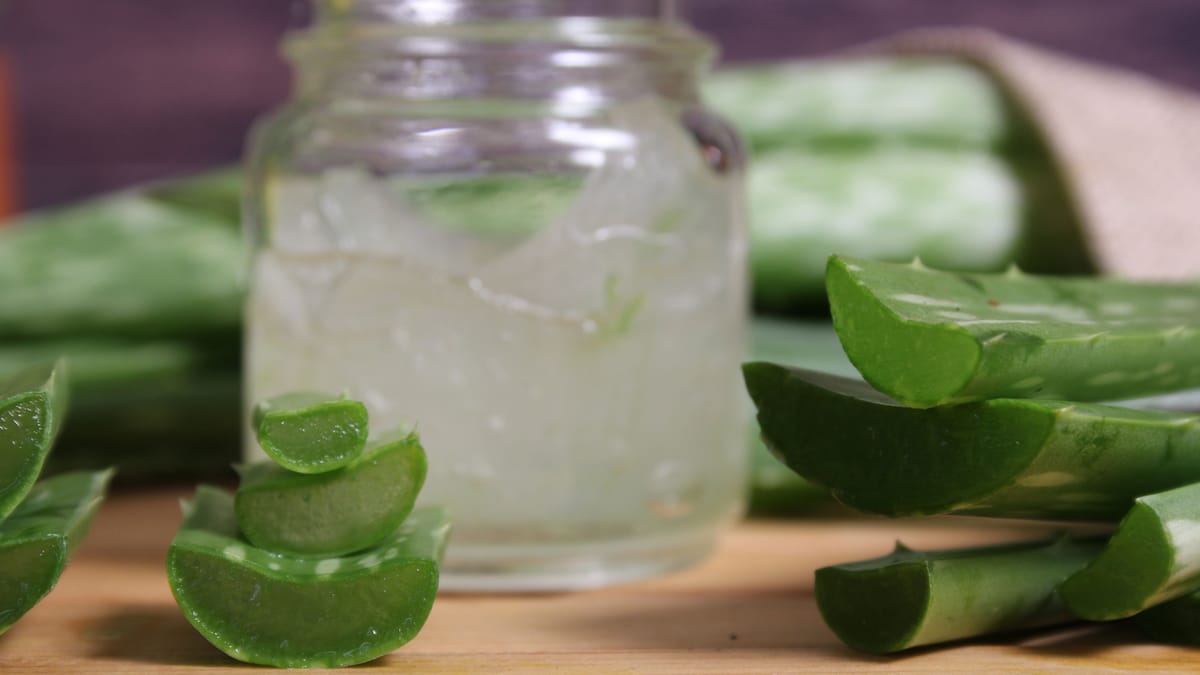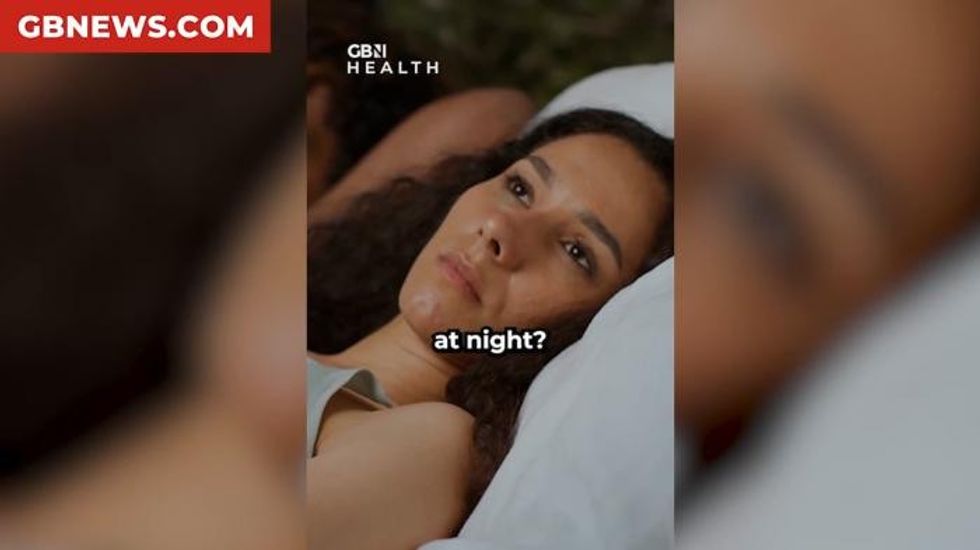Man bitten by snakes 200 times could provide life-saving anti-venom breakthrough ()


<iframe frameborder="0" height="100%" scrolling="no" src="https://www.gbnews.com/res/scraper/embed/?video_url=https%3A%2F%2Fmm-v2.simplestream.com%2Fiframe%2Fplayer.php%3Fkey%3D3Li3Nt2Qs8Ct3Xq9Fi5Uy0Mb2Bj0Qs%26player%3DGB003%26uvid%3D52877883%26type%3Dvod%26viously_id%3DWfAyCxTdR-D" width="100%"></iframe><br/><p>A man who has been bitten by snakes over 200 times could provide an “unparalleled” antivenom that could save countless lives.</p><p>Tim Friede, a former truck mechanic from Wisconsin, has been deliberating injecting himself with venom from some of the world’s deadliest snakes for 18 years.</p><h3></h3><br/><p>Friede has received venom from multiple species of mambas, cobras, taipans and kraits, with one incident resulting in him spending four days in a coma.</p> <p>Now, scientists have used antibodies from his blood to create the most broadly protective antivenom to date.</p><h3></h3><br/><img alt="\u200bTim Friede" class="rm-shortcode" data-rm-shortcode-id="3b6abe2cc8500a427404d9241c83af90" data-rm-shortcode-name="rebelmouse-image" id="613e0" loading="lazy" src="https://www.gbnews.com/media-library/u200btim-friede.png?id=60136365&width=980"/><h3></h3><br/><div class="embed-latest"></div><p>The antivenom could revolutionise the treatment of snake bites, which kill up to 140,000 people a year and leave three times as many needing amputations or facing permanent disability.</p> <p>“For a period of nearly 18 years, [Friede] had undertaken hundreds of bites and self-immunisations with escalating doses from 16 species of very lethal snakes that would normally kill a horse,” said Jacob Glanville, the chief executive of the US biotech Centivax and author of the research. </p> <p>“It blew my mind. I contacted him because I thought if anyone in the world has these properly neutralising antibodies, it’s him.”</p> <p>His journey first began with the unusual hobby of extracting venom from scorpions and spiders. </p> <p>He later started injecting himself with diluted snake venom, gradually increasing the dosage as his “simple curiosity” grew.</p><p><strong>ANIMAL NEWS LATEST:</strong></p><ul><li><a href="https://www.gbnews.com/news/neighbour-row-pensioner-southampton-cockerel" target="_self">Pensioner ordered to pay £4,000 over crowing cockerel that 'tortured' neighbours</a></li><li><a href="https://www.gbnews.com/news/met-police-horses-attacked-dog-london" target="_self">Met Police horses attacked as body-worn footage shows dog chasing and biting legs</a></li><li><a href="https://www.gbnews.com/news/sunderland-news-man-jailed-throwing-cat-grandmas-door" target="_self">Man jailed after throwing cat at grandma's door in 'angry rage' over football</a></li></ul><h3></h3><br/><img alt="\u200bA black mamba" class="rm-shortcode" data-rm-shortcode-id="4015ac458ced8341c39da77b100ff58b" data-rm-shortcode-name="rebelmouse-image" id="5c50b" loading="lazy" src="https://www.gbnews.com/media-library/u200ba-black-mamba.png?id=60136366&width=980"/><h3></h3><br/><div class="embed-dontmiss"></div><p>Friede began documenting his exploits on YouTube, where he shared his experiences with his audience.</p> <p>However, his plan went horrifically wrong when early on in his journey, an Egyptian cobra bite left him fighting for his life in 2001.</p> <p>Friede told the BBC of the resulting coma: “I didn’t want to die. I didn’t want to lose a finger. I didn’t want to miss work.”</p> <p>The self-taught herpetologist’s goal then became to develop immunity to snake bites so that scientists could create a universal antivenom. </p> <p>“It just became a lifestyle and I just kept pushing and pushing and pushing as hard as I could push – for the people who are 8,000 miles away from me who die from snakebite,” he said.</p><p>Friede’s exploits caught the attention of researchers including Glanville, who are now analysing his blood in hopes to create a universal antivenom.</p><p>Glanville said: “Immediately I was like 'if anybody in the world has developed these broadly neutralising antibodies, it's going to be him' and so I reached out," he said.</p><p>“The first call, I was like 'this might be awkward, but I'd love to get my hands on some of your blood'.”</p><h3></h3><br/><img alt="\u200bFriede" class="rm-shortcode" data-rm-shortcode-id="3c14a15e4a8dea789f7923c14475e79c" data-rm-shortcode-name="rebelmouse-image" id="d33b5" loading="lazy" src="https://www.gbnews.com/media-library/u200bfriede.png?id=60136369&width=980"/><h3></h3><br/><div class="embed-mostread"></div><p>Friede replied: “I’ve been waiting for this call for a long time.”</p> <p>When the body is exposed to toxins in snake venom, it develops antibodies that can neutralise the poison - though only if it’s a small amount.</p> <p>The cocktail combines two protective antibodies from Friede’s blood and a small molecule venom inhibitor which blocks its harmful effects..</p> <p>To design it, the team selected 19 of the World Health Organization’s category 1 and 2 deadliest species, including coral snakes, mambas, cobras, taipans and kraits. </p> <p>The concoction allowed mice to survived deadly injections from 13 out of 19 deadly snake species.</p> <p>“By the time we reached three components, we had a dramatically unparalleled breadth of full protection for 13 of the 19 species and then partial protection for the remaining that we looked at,” Glanville said.</p> <p>“Had I, as an immunologist, spent a bunch of time thinking about it, I don’t think I would have come up with a better solution.”</p> <p>The team is now trying to refine the antibodies further and see if adding a fourth element could lead to total protection against elapid snake venom.</p>





